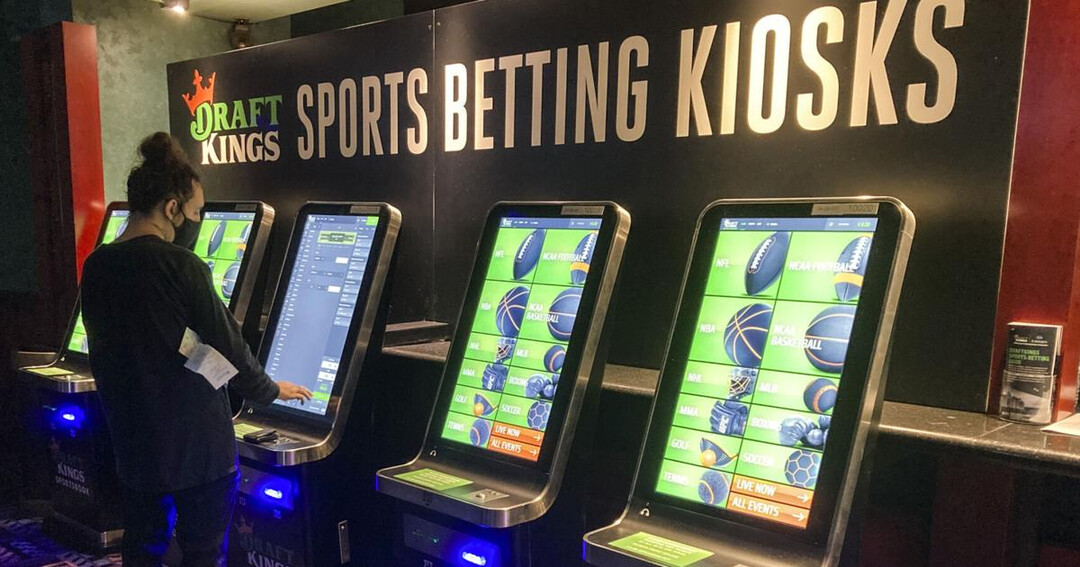
As the expansion of the sports betting market in the United States has recently shown signs of slowing, Hawaii is moving closer to legalizing online sports betting, potentially marking a new chapter. House Bill 1308, initiated in the Hawaii House of Representatives, has passed the Senate this past Tuesday, accelerating discussions on legalizing online sports betting and daily fantasy sports (DFS).
The bill passed the Senate with a 15-10 vote and now awaits concurrence from the House. If the House gives its final approval, the bill's implementation will depend on the signature of Hawaii Governor Josh Green. Governor Green has maintained a neutral stance on the issue but has acknowledged the potential economic benefits.
In an interview with Hawaii News Now, Governor Green mentioned that the revenue generated from legalizing sports betting could support the $800 million Aloha Stadium redevelopment project. He stated, "Sports betting is the only way that we can immediately guarantee the construction of an $800 million stadium," adding, "While there are some concerns, many people find entertainment in sports betting, and this could be a way for Hawaii residents to enjoy leisure activities within the state instead of going to Las Vegas."
Thirty-nine states and Washington D.C. in the U.S. have already legalized sports betting in various forms, but there has been no significant additional expansion since North Carolina in March 2024. Hawaii, along with Utah, stands out as the only state in the U.S. that does not permit any form of legal gambling, including state-level lotteries or casinos, making this sports betting legalization debate particularly noteworthy.
House Bill 1308 proposes issuing licenses to at least four operators, charging each an initial fee of $250,000 and a tax of 10% on total gaming revenue. The tax revenue is estimated to be between $10 million and $20 million annually. BetMGM and DraftKings, which have already expressed support for the bill, are expected to be major participants in the market.
The bill must be passed by May 2, the adjournment date of the Hawaii State Legislature's 2025 session. If the bill is signed into law by the governor, the effective date is set for July 1. However, the actual launch of services is typically expected to take between six months and a year of preparation. Therefore, Hawaii's online sports betting market is likely to open in earnest around 2026.
Supporters of the bill point to the prevalence of illegal sports betting currently occurring in Hawaii, arguing that legalization would regulate this underground market and enhance consumer protection. Representative Daniel Holt, who introduced the bill, emphasized, "Sports betting is already happening across our islands, but it's through offshore websites or private bookmakers without any safeguards, making it easily accessible to minors. With this bill, we can join the 38 states that have already established regulated sports betting markets, increase state revenue, and protect consumers."
Conversely, the Hawaii Department of the Attorney General has voiced its opposition to the bill, citing research indicating that sports betting can lead to "negative social impacts, high associated costs, and increased crime." With such sharply divided opinions on the legalization of online sports betting, the final decision in Hawaii is highly anticipated.
[Copyright (c) Global Economic Times. All Rights Reserved.]




























